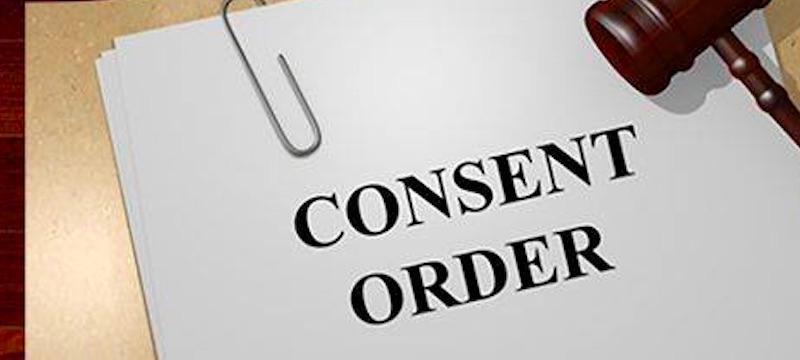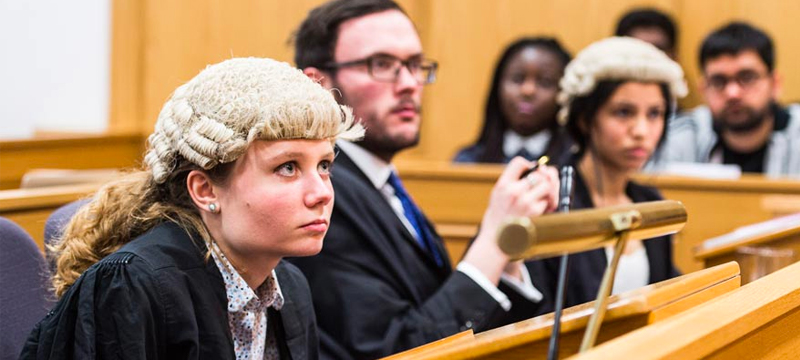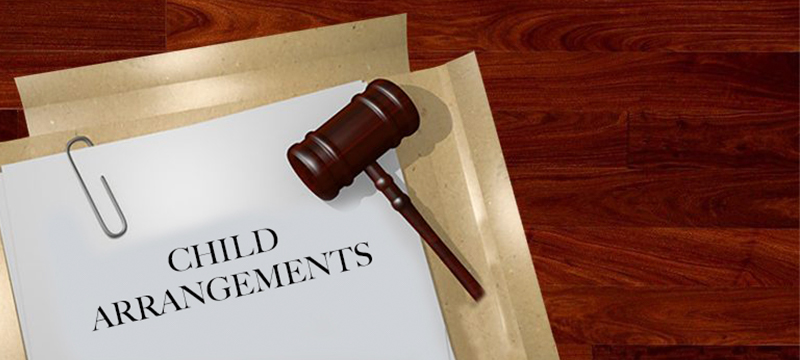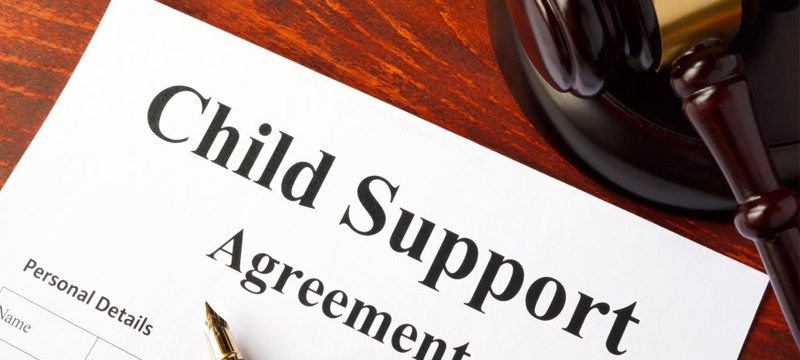Divorce with Kids – a Guide on the Top 10 things you need to know
Divorce can be a stressful time, particularly when kids are involved. For that reason, it’s important to be well-prepared for all the possible eventualities. The more prepared and informed you are, the smoother proceedings will go, making the whole experience more relaxed for you, your ex, and (most importantly) your kids.
To save you some time, we at Leonard Solicitors have set out a list of the top 10 things that you need to know about care proceedings when you’re getting divorced. We’re hoping that a few minutes spent reading up on the rules and regulations can save you days and weeks of worry and stress later down the track!
1. Talk to your ex about a Parenting Plan
If you and your ex agree about childcare arrangements, you don’t need to have any official documentation. That said, it’s a good idea for you and your ex to write down what you’ve agreed in a ‘Parenting Plan’. By setting out key information – who’s going to look after the kids, how you’re planning to split costs, and so on – you have a record of your agreement which you can refer back to if plans change.
Parenting Plans aren’t legally binding, but they can be ‘persuasive’. That means that, if you do have to go to court somewhere down the line, judges might use a Parenting Plan as a starting point for reaching their decision. That’s another reason why a Parenting Plan is so important – if you ever get into a dispute over custody (or anything else) then being able to point to an agreement that you’ve put in writing will be invaluable.
2. If you want an agreement that’s legally binding, you’ll need a Consent Order

If you want to make your agreement legally binding, you’ll need to contact a solicitor. They can help you with putting together a ‘Consent Order’, a legal document that confirms your agreement on childcare issues.
A Consent Order can include almost anything about how you and your ex plan to look after your children, but almost all of them contain information about:
- Where your kids will live
- How much time they will spend with each parent
- When and what types of contact will take place (such as phone calls or texts)
- Child maintenance payments
- How you plan to deal with any disagreements
Both you and your ex need to sign the draft order and you’ll need to get the order approved by a registered legal professional. Make sure you do these things as soon as possible after you agree on the terms, otherwise the document won’t be binding in a court of law.
3. If you can’t agree, you should think about mediation
Breakups are stressful and it can be hard to keep a cool head when you and your ex are making big decisions. If you feel like the two of you can’t come to a decision that suits both of you, you should think about getting hold of a mediator.
A mediator is a qualified professional whose job is to help you and your ex reach a fair and balanced decision over childcare arrangements or anything else to do with your divorce. A mediator doesn’t take sides – their job is to help you both reach a conclusion that you’re happy with. When you come to a decision, the mediator will help you write it all up.
Not all mediators are qualified legal professionals. If your mediator isn’t qualified to approve a Consent Order (or any other legal document), you’ll still need to speak to a solicitor, who can make sure you’ve got a binding agreement.
4. You can’t go straight to the courts

Take note – you can’t go to court if you haven’t tried other options first. This isn’t such a bad thing. Court hearings can be expensive, stressful and time-consuming so they should be treated as a last resort.
Generally, you have to show that you’ve attended a meeting with a mediator to see if mediation is right for you before you apply to the court. If you and your partner can’t agree on a Parenting Plan between yourselves, you should speak to a mediator or consult with a solicitor to see what other options you might have.
Remember: this doesn’t apply if there’s been domestic abuse in your relationship or if social services are involved. If there is violence or coercive and controlling behaviour in your relationship, then you won’t have to try mediation.
5. Think about what order you want from the court.
Before you go to court, you need to think about what you and your partner can and can’t agree on, and which order you might want to get from a judge. In divorce childcare proceedings, the two most common types of orders are a ‘Live With’ Order and a ‘Spending Time With’ Order:
A Live With Order – this determines where the child’s primary place of residence will be. Arguments over ‘who gets the kids’ are extremely common when couples get divorced, and an LWO is a legally enforceable way of making that decision.
A Spending Time With Order – unsurprisingly, this sets out the conditions for you and your ex spending time with your kids. If your child is only living with one of you, it’s understandable that parents want to set rules around visits. An STO determines the amount of time a child can spend visiting the other parent or guardian, whether they can stay overnight, and whether that time will be supervised or unsupervised.
6. Shared care arrangements can be hard to come by

It’s important to remember that ‘shared care arrangements’ – where your kids split their time 50/50 between you and your ex – are much less common than most people think.
For an equal division of time to work in practice, children have to be able to move seamlessly from home to home, without it disrupting their normal routine. This makes a lot of sense – if you live in Portsmouth and your ex lives in Liverpool, it just wouldn’t be fair on your child to have them going up and down the motorway every couple of weeks!
Living between places also requires constant communication. There will always be those missing school books, the unexpected birthday party, or the movie your kid just can’t wait to see. You and your ex need to be able to navigate these everyday issues without things turning into an argument.
That’s why, if you and your ex want a shared care arrangement, you need to demonstrate to a judge that the two of you have good communication and a relationship of mutual trust and respect. If you can’t, a judge will put the child first and won’t hesitate to turn you down.
7. Legally speaking, your child comes first
Any good parent or guardian wants what’s best for their child, whether in care proceedings or elsewhere. That said, if divorce turns sour, some parents or guardians can end up looking to ‘score points’ by getting more time with, or more control over, their child. Thankfully, the court will always come from the starting point that the child’s best interests come first.
The wellbeing of your child is at the heart of every court judgment. Does your ex want a Live With Order because they’re off to live in the Azores and want the kids to come along? Do you want a Spending Time With Order that stops your ex from taking your child on holiday? Do you both want a shared care arrangement that splits childcare right down the middle? If you want any of these, or anything else, it’s absolutely essential that can convince the judge that it’s in your child’s best interests.
This is particularly important with shared care arrangements. Recent cases in the High Court have prioritised the wellbeing of a child over and above ‘parental involvement. In lay terms, that means that a judge won’t hesitate to give your ex full custody if you can’t prove the two of you can co-parent without picking a fight!
8. Make sure to think about child maintenance

Whether or not you’re involved with your child, if you’re a biological parent then you’re legally required to contribute to child maintenance. For that reason, both parents need to come to an agreement over who pays what, and when.
Child maintenance can be a private arrangement between the two of you – you needn’t get lawyers involved if the two of you can come to a decision that you know you’ll both stick to. This can be tricky, which is why a lot of parents make arrangements through the Child Maintenance Service, a government-run scheme for sorting out your payments.
Getting child maintenance is unlikely to have serious tax or benefits implications. For example, getting maintenance won’t affect any benefits that you and your children get, and you won’t be expected to pay tax on them. However, it’s worth keeping in mind that your Council Tax Reduction might be affected; contact your local council to find out if this would apply to you.
Remember: if you’ve experienced domestic abuse, you can use the Child Maintenance Service to arrange maintenance if you don’t or can’t contact the other parent yourself. They’ll contact the other parent on your behalf. and you won’t be expected to pay the standard application fee.
9. If you’ve experienced domestic abuse, you’re probably eligible for legal aid
The government doesn’t normally give out legal aid to help with court costs in divorce cases. However, the rules around divorce are different in cases of abuse. This is worth looking into if you or your children have experienced either:
- domestic abuse or violence; or,
- financial control (for example, being stopped from accessing a joint bank account)
If you’ve experienced domestic abuse in your relationship and you can’t afford to pay your legal costs for any reason, then make sure to apply for legal aid.
10. There’s loads of free advice available for divorcees
The best legal advice you can get will always come from a solicitor. That said, if you don’t want to get lawyers involved, or you just want to learn more about the process, then you should look into the many free resources available online and in your local community.
Three great resources are:
- The Citizen’s Advice Bureau (in person and online)
- Advice Now (online only)
- The Cafcass Co-Parent Hub (online only)
Victims of domestic abuse should consider contacting:
No divorce is a walk in the park but the law doesn’t have to make it harder than it already is. It’s within your power to do right by your children and to get an outcome that works for everyone. Make sure to get it right.
If you do feel that you would benefit from legal advice or representation, then don’t hesitate to get in contact with Leonard Solicitors LLP. We’re a respected institution in Southampton and the surrounding community with a long tradition of helping our clients get the results they need.
If you’d like to contact us, please get in touch at 023 8023 4433 or visit Contact Us to make an enquiry and we’ll refer your case to one of our skilled and experienced legal team as soon as possible.
Disclaimer: Information on this webpage is not intended for legal purposes or advice. If you require legal advice or services you should seek a professional legal practitioner.
Get to know us!
We send weekly updates containing news articles and blogs on the latest trends happening in the UK and abroad. If you want to get to know us better, sign up below.
When you sign up for our newsletter and occasional tailored communications you agree to our Privacy Policy.




